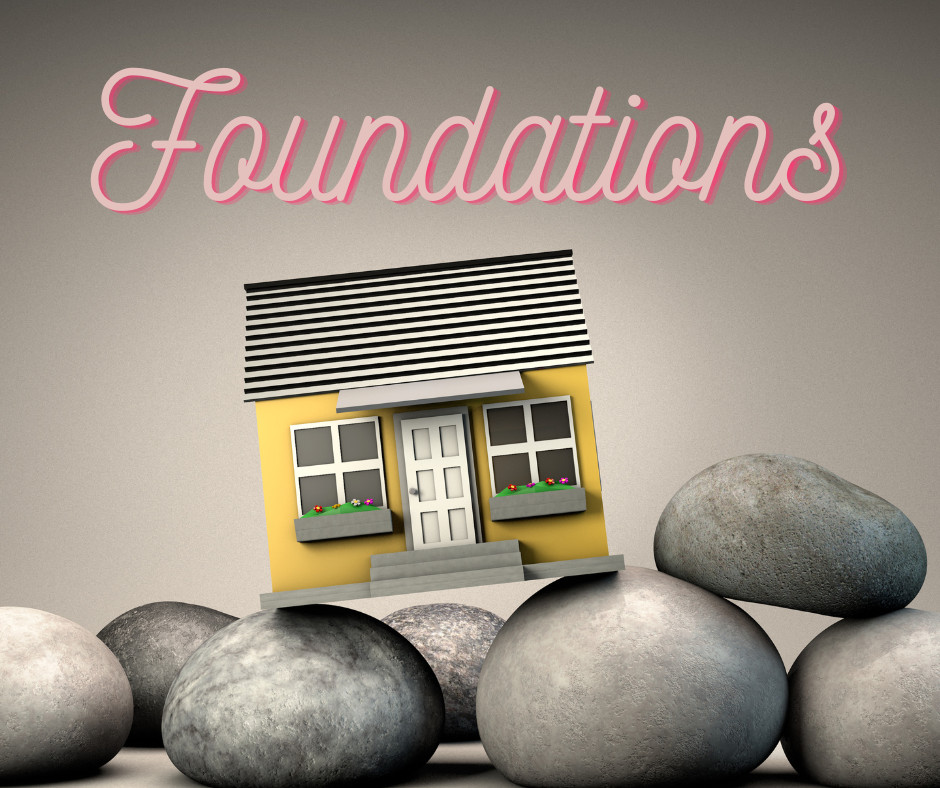
 Are you familiar with the stages in the change process?
Are you familiar with the stages in the change process?By understanding the stages of change, we can prepare for and adjust our goals and strategies, based on the stage we are in.
This model is called the transtheoretical Model of change.
In the first stage, called pre-contemplation, we aren't even aware we need to make a change. In this stage, we are unaware, or fail to admit that our actions are contributing to the problem. The alcoholic who has a problem refuses to admit they have a problem or see how it is impacting the other areas of their life. While this is an extreme example, it should help you understand this phase of change. It doesn't matter if we need to lose weight, quit smoking, exercise more or whatever, in this stage, we are often blissfully unaware that we need to change.
The second stage is the contemplation phase. In this stage, we begin to admit that our lifestyle and actions are contributing to a problem we want to address. We aren't necessarily ready to make any changes, but we are considering our options and weighing our choices. We may start researching relevant topics, or talking to experts, taking classes or informing ourselves in some way. A smoker who starts looking into cessation options like patches, and Chantix or gum would be in the contemplation stage.
In the third stage, the preparation phase, we have made the decision to make a change in the near future. We are not ready to fully jump in, but we are making plans and setting a start date. We may have made some small changes, tried out a goal and tested the waters a bit, but our start date for full commitment remains in the future.
Finally, we reach the action phase, where we remain until we achieve our goal. We are doing it, we are getting it done. We are actively engaged in modifying our behaviors or adopting new habits towards our goals. They say it takes 28 days to form a new habit. In this model, we stay in the action phase for 6 months.
After we have accomplished our goal and the changes have lasted longer than six months, we enter the Maintenance phase. In this stage we have been able to sustain our change for more than 6 months and we are actively adjusting our goals and habits to prevent relapsing back to the way things were. This stage is just as important as the others, one of the reasons so many of us end up yo-yo dieting is because once we start seeing results, or achieve our weightless goal, we think it's okay to go back to eating the way we used to.
One of my goals as a coach is to help my clients recognize their current stage and incrementally help them move along these stages.
In the early stages of change we work on things like raising awareness of the ways lifestyle and environment contribute to the problem we are trying to solve. We also work through the pros and cons of making the intended change. We work together to identify the thoughts, feelings and behaviors that are getting in the way.
In the later stages we begin to build a maintenance plan to allow the client to self-liberate and terminate the coaching process or decide to tackle a new problem together.
In this way, we work together to build awareness, create a plan, identify appropriate resources and adjust the plan as needed, leverage your strengths, tackle your challenges and build self-efficacy and a support team to maintain your plan.
By understanding the stages of change, we can work together to build your roadmap to vitality and confidence.
If you would like to read more about the transtheoretical model of change you can check it out here or here.
While there are some criticisms about the model, I find it to be an effective foundation for helping my clients navigate lifestyle change.
Have you ever heard of this model? What stage of change are you in? If you are ready for some support, contact me for a free strategy session. Let's see if we would make a good team for accomplishing your goals.








0 Comments